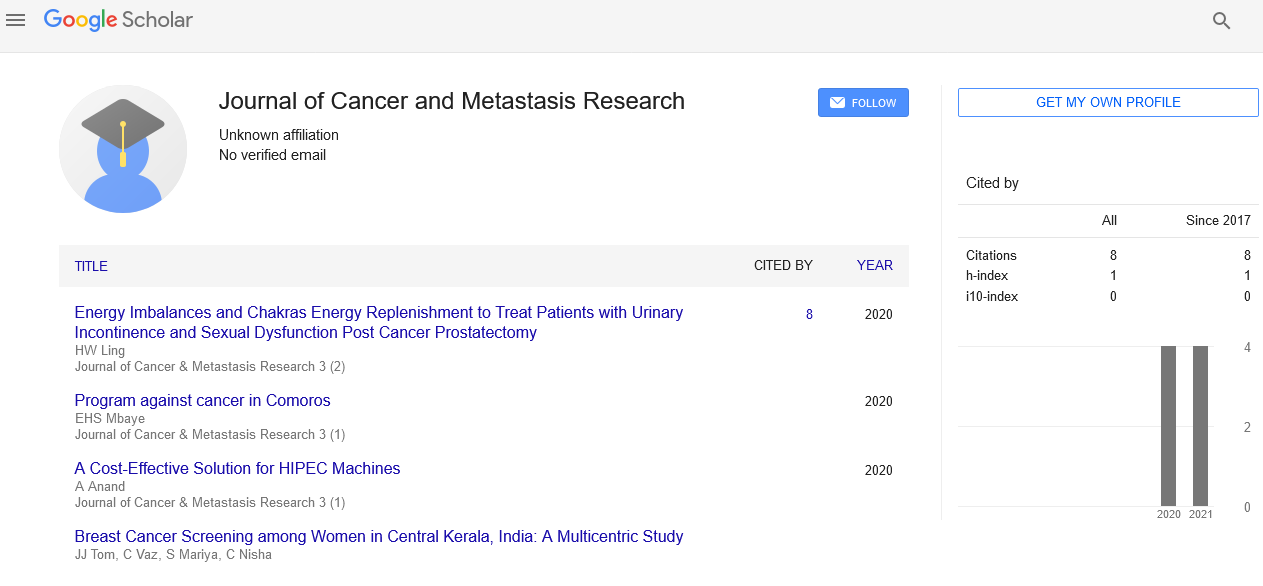kaplan meier analysis of overall survival and event free survival in egyptian leukemia patients in association with adip
Received: 14-Sep-2020 Accepted Date: Feb 03, 2022; Published: 25-Feb-2022
This open-access article is distributed under the terms of the Creative Commons Attribution Non-Commercial License (CC BY-NC) (http://creativecommons.org/licenses/by-nc/4.0/), which permits reuse, distribution and reproduction of the article, provided that the original work is properly cited and the reuse is restricted to noncommercial purposes. For commercial reuse, contact reprints@pulsus.com
Abstract
Leukemia is a heterogeneous group of haemopoietic cancers, among all cancers it is ranked as the 7th in incidence and mortality rates in Egypt. Adiponectin (ADIPOQ), is a protein that participate in the proliferation of blood cells and playing a predominant role in haematopoiesis. Various ADIPOQ gene polymorphisms are associated with increased risk of different cancers, however, to the best of our knowledge; the association between ADIPOQ Gene polymorphisms and leukemia have never been investigated before. Therefore, this study aimed to investigate the association between SNP T45G (rs2241766) silent mutation located in exon 2 of ADIPOQ gene with the risk, clinicopathological status and survival rate of Egyptian leukemia patients. A case-control design was used including 80 leukemia patients and 70 healthy controls, restriction fragment length polymorphism (PCR-RFLP) was used for genotyping. A statistically significant association between ADIPOQ gene T45G (rs2241766) SNP and Leukemia incidence was detected (p=0.001). The G allele frequency was more frequent in Leukemia patients than in healthy controls (p= 0.001) with a relative risk value of 4.5 compared to the T allele. Kaplan-Meier analysis was performed to assess the association between the rs2241766 genotypes and prognosis of our patients, indicating that the SNP rs2241766 was associated with the patient’s Event Free Survival (EFS) but not the overall survival OS. Patients carrying the mutated T/G or G/G variants had a significant shorter median EFS compared with patients carrying the wild type T/T genotype. Moreover, out of all the biochemical parameters tested, only patients with hyperglycaemia and hyperuricemia showed significant worse EFS outcomes. On the other hand, an association between the rs2241766 and cancer cell’s metabolic reprogramming might also be suggested since 21% of our leukemia patients were diabetic and showed disturbance in both glucose metabolism and lipid profile. In conclusion, we show for the first time a strong association between the SNP (rs2241766) and leukemia incidence and prognosis in Egyptian leukemia patients.





